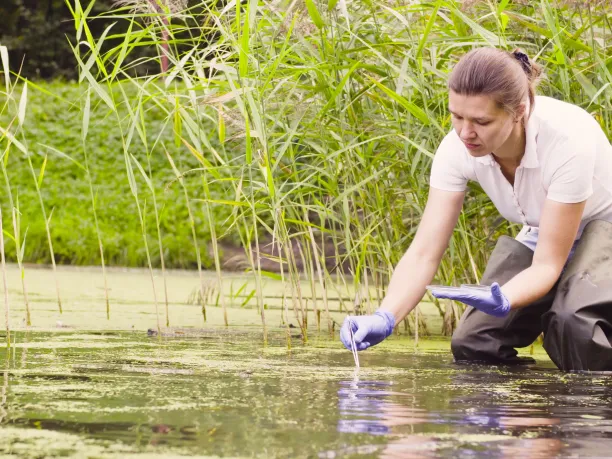Stories
Embrace the Outdoors to Beat the Winter Blues
Want to get outdoors, but wintry weather is stopping you? Check out this list of fun outdoor winter activities...
Why Is Science Communication Important?
Dr. Heather Leslie shares strategies that help researchers and scientists concisely and effectively share the...
Preparing High School and College Students for a Career in Environmental Science
Learn how students can prepare for environmental science careers through STEM education, college planning...
Showing 61 - 70 of 94 results
In response to the coronavirus (COVID-19) pandemic, NEEF has included some resources and things for you to do during this time.
For over 15 years, the National Environmental Education Foundation (NEEF) has worked closely with the Centers for Disease Control and Prevention (CDC) to
If you grew up playing outside until you were called home for dinner, you might not recognize the “play landscape” of today’s kids. Why? They’ve largely moved
With summer in full swing, how can you beat the heat, stay cool, and keep healthy when temperatures soar? Besides staying indoors in the air-conditioning and
Consuming some fish and shellfish can pose some health risks. How? Seafood may accumulate illness-causing microorganisms and contaminants, including elevated
Celebrate National Fishing and Boating Week with quality time in nature. Use these outdoor safety tips to enjoy your water-based recreation.
Enjoying the warm weather outdoors? Beware of mosquitoes & ticks carrying diseases like West Nile & Lyme. Learn how to protect you and your family.
Your child's favorite stuffed animal may be their worst enemy. Sleeping with Buttercup the teddy bear may be provoking nighttime asthma attacks. However
Through our programs and initiatives, NEEF aims to increase your understanding of how the environment affects your daily life. We want to reduce the physical
Humans aren't the only ones impacted by health risks associated with harmful algal blooms (HABs). Animals, especially domestic dogs and cats, can experience
Pagination
Showing 61 - 70 of 94 results












